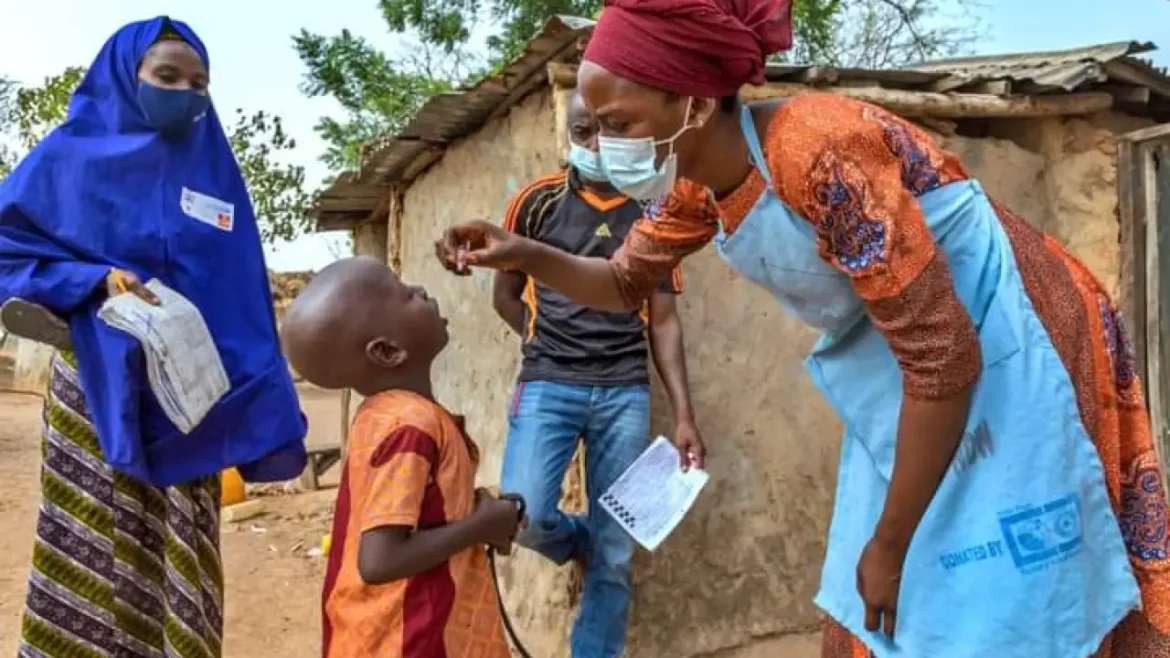By Asmau Ahmad
An NGO, Chigari Foundation in collaboration with others, has taken immunisation campaign to grassroots through traditional rulers, in an effort to end killer diseases in Nigeria.
Other NGOs included representatives of World Health Organisation (WHO), Solina Foundation and Sultan Foundation.
Speaking when he led the NGOs to Abdullahi Fodio Palace in Birnin Kebbi and Emir of Argungu’s Palace in Argungu, the Executive Chairman of Chigari Foundation, Prof. Muhammad Ali-Pate, said the essence of involving traditional rulers in the exercise was to pave way for greater successes.
Ali-Pate, a former Minister of State for Health, said they were in the two palaces to seek royal blessing and to strengthen what the traditional rulers were doing to ensure a healthy society.
He said: “The visit is on issue of development and health incentives. With your support, we have been able to put an end to wild polio virus in Nigeria and it is in this line that we want you to come in again and educate our people on the need to end all the killer diseases in Nigeria.
“Government is doing its part and as traditional rulers you have a significant role to play to ensure eradication of these preventable diseases because you are closer to the people and as traditional leaders, you can advise, instruct and direct your subjects on issues.”
The former minister said on issues of development, the leaders of people needed to be engaged to be able to record meaningful success.
He recalled that 14 years ago, the wild polio virus was stampeedding in about 27 states of Nigeria, adding that it was a major crisis that reached to World Health Assembly.
He, however, said that traditional leaders in Northern Nigeria, through the Sultan of Sokoto, accorded them a grace of listening and engaged with them which culminated into a huge success.
“Thank God those efforts provided a decisive opportunity that ultimately translated in finishing polio virus. That lesson revibrates not only in Nigeria but all over the continent and beyond and not only for now but for posterity.
“Because we came together, government, traditional and religious institutions worked towards a common purpose and defeated a disease and many others like this.
“Different kinds of insecurity remained with us, the physical insecurity which is visible that everybody talks about, we pray Almighty God will make it easy.
“But there are other forms of insecurity, people would say food insecurity but there is also health insecurity and we saw at least for the wealthier countries a virus which started in health that destroyed their economy.
“Therefore, health security is so important to economic security, to national security and to political security,” he said.
Ali-Pate observed that in spite of the roles traditional institutions played before, the NGO felt there was the need to re-energise their efforts to play such roles again.
“In view of the fact that we succeeded the other time because we listened to you, that’s why we feel we should re-energise you again.




